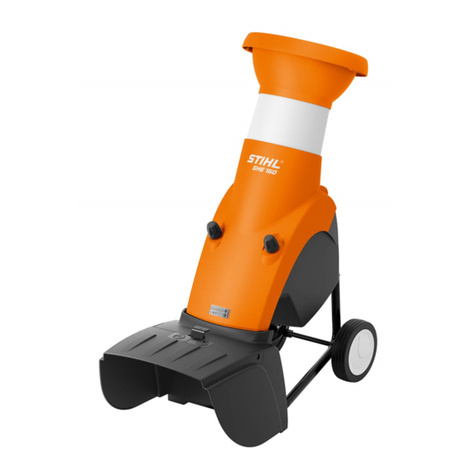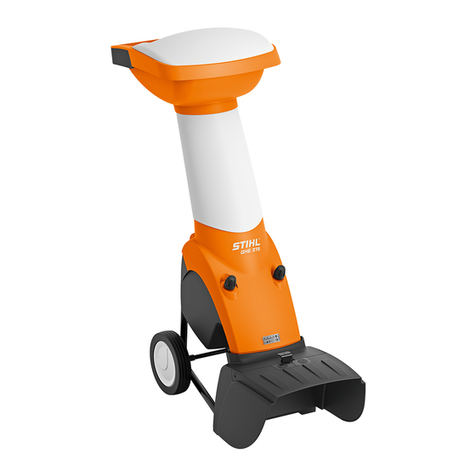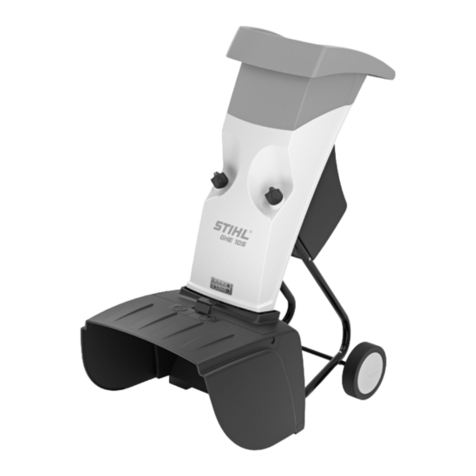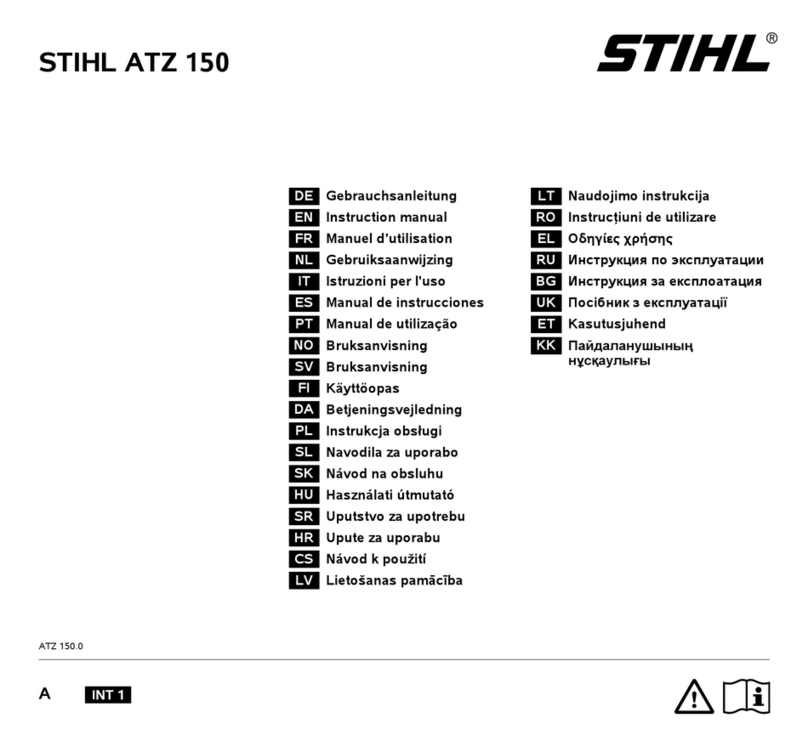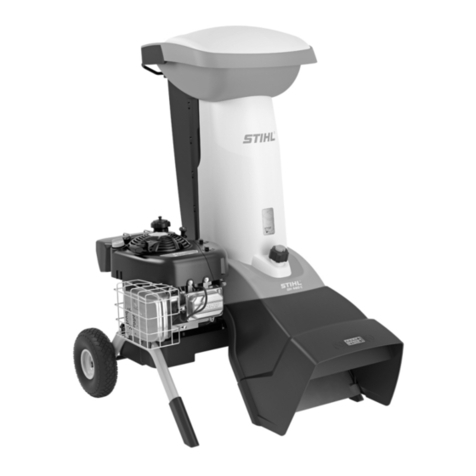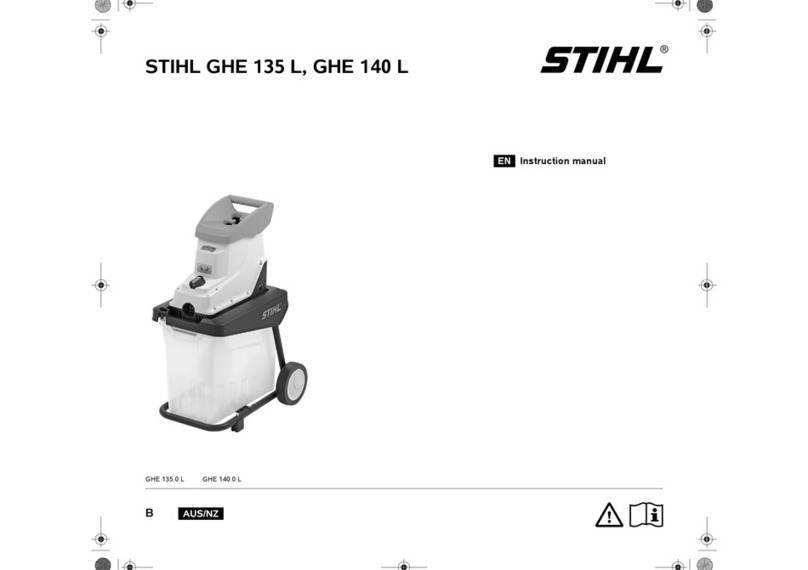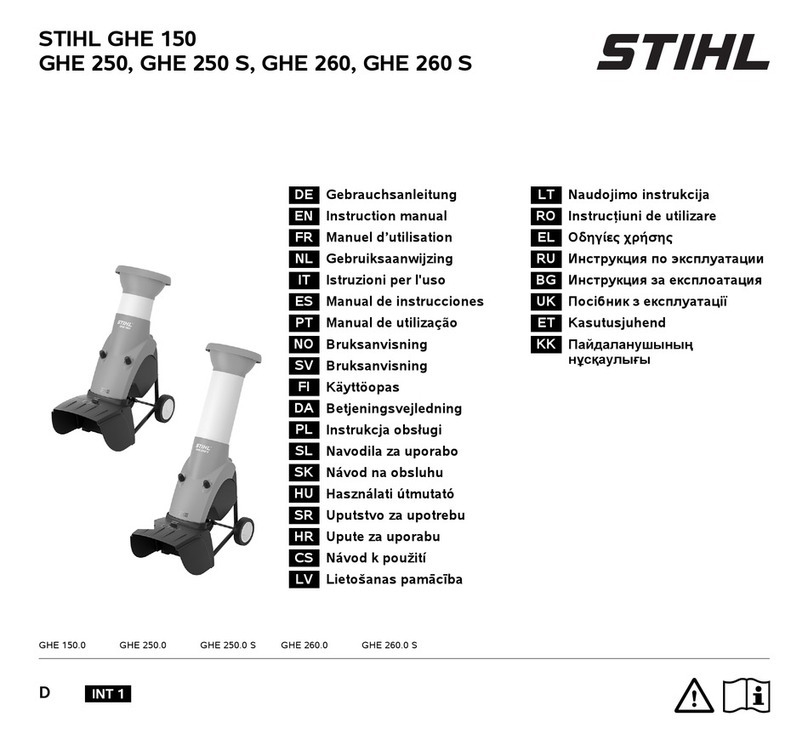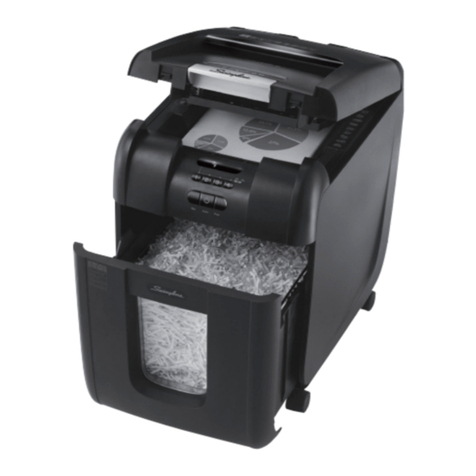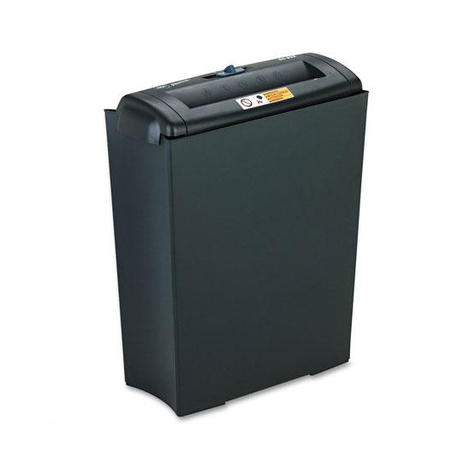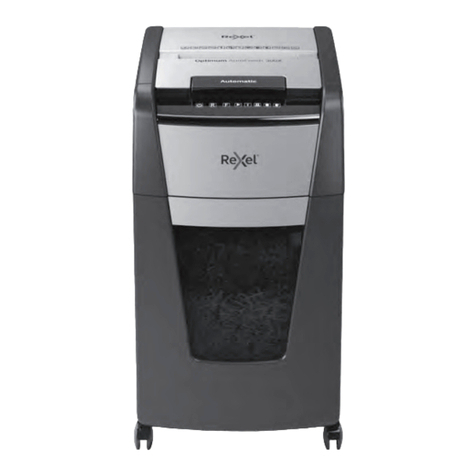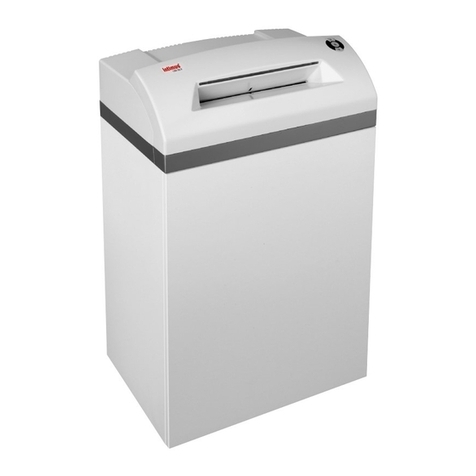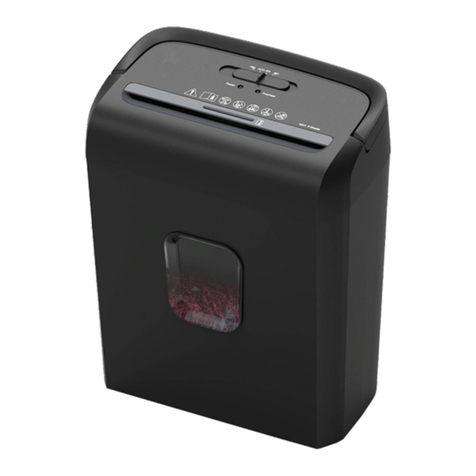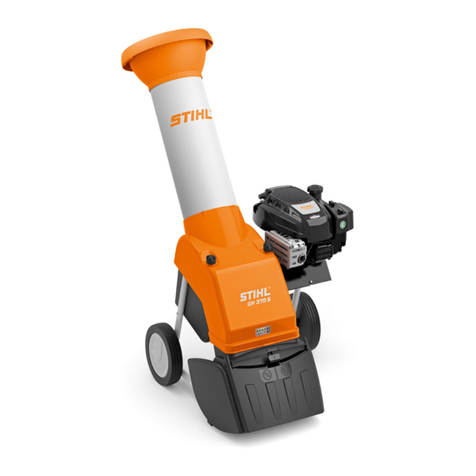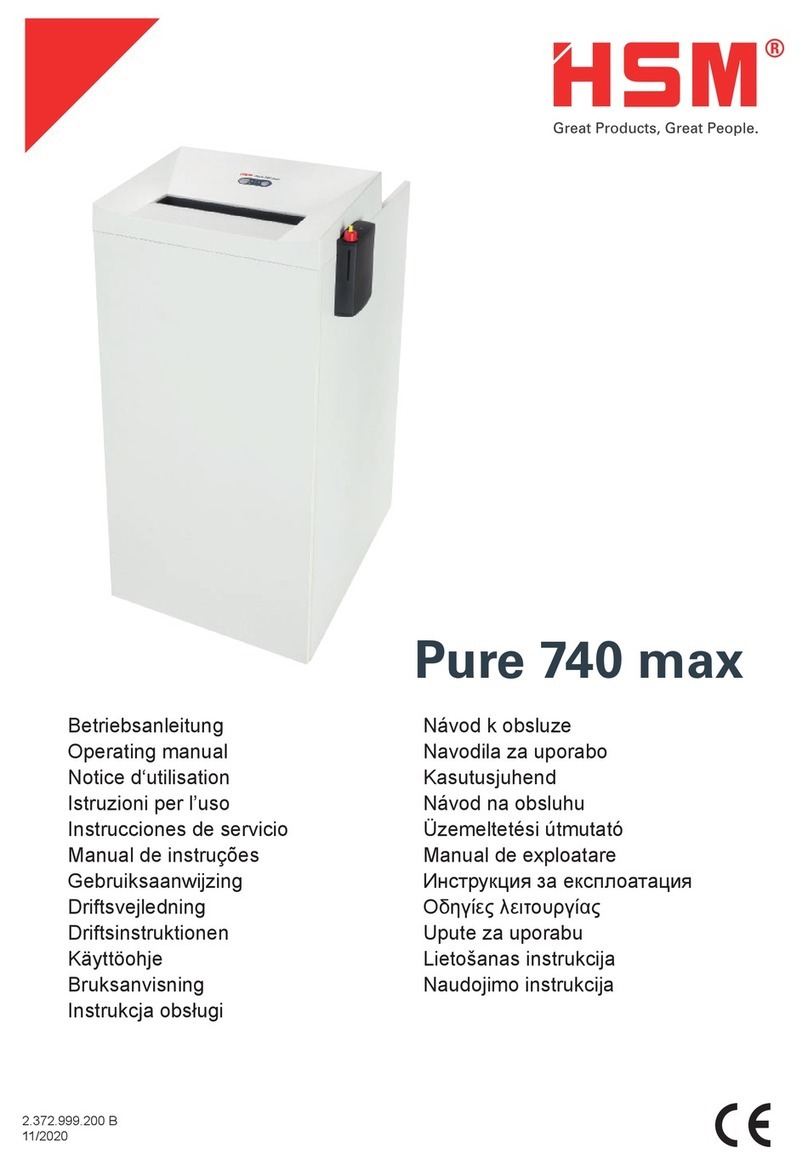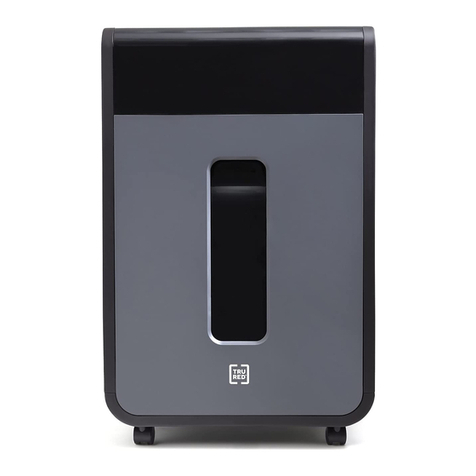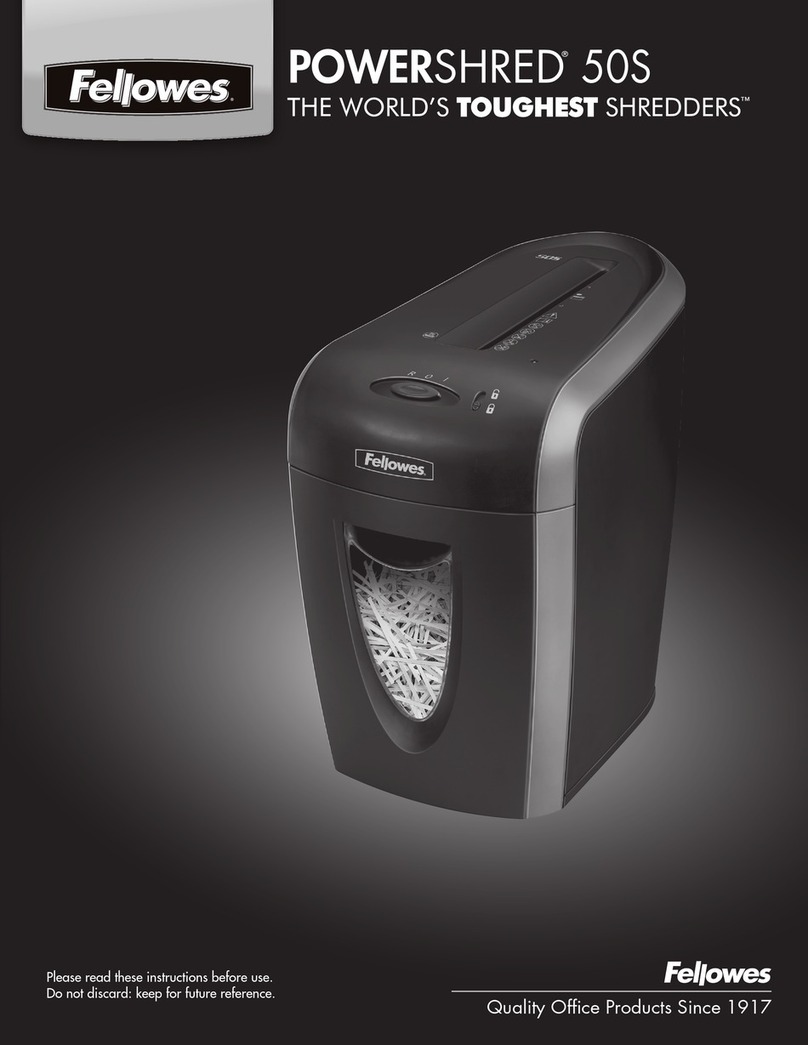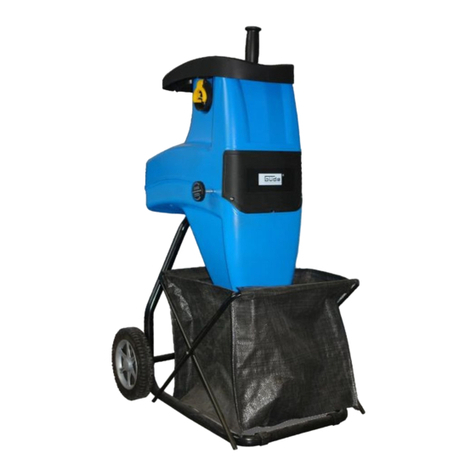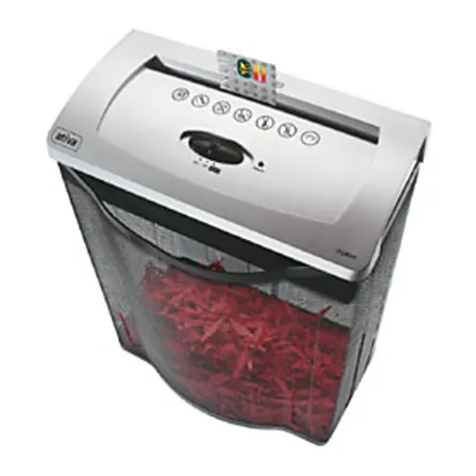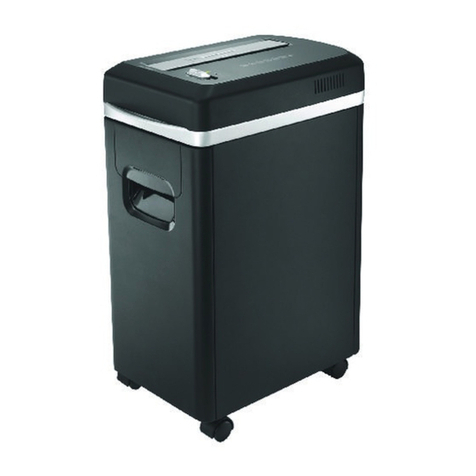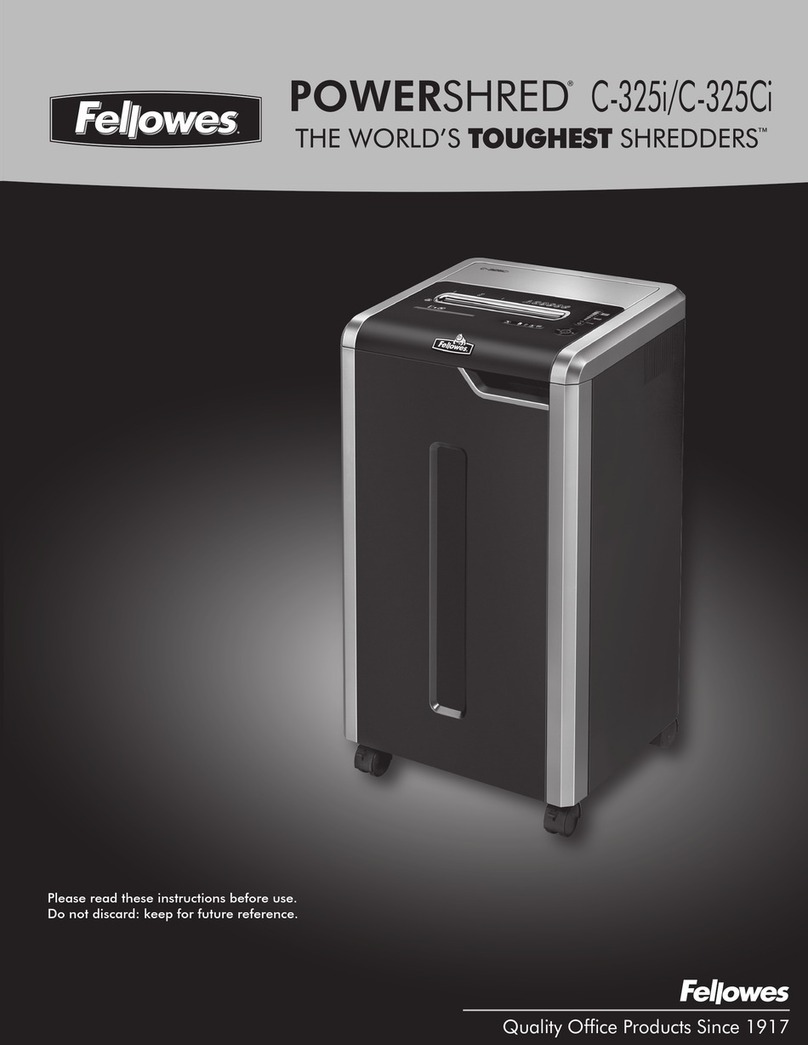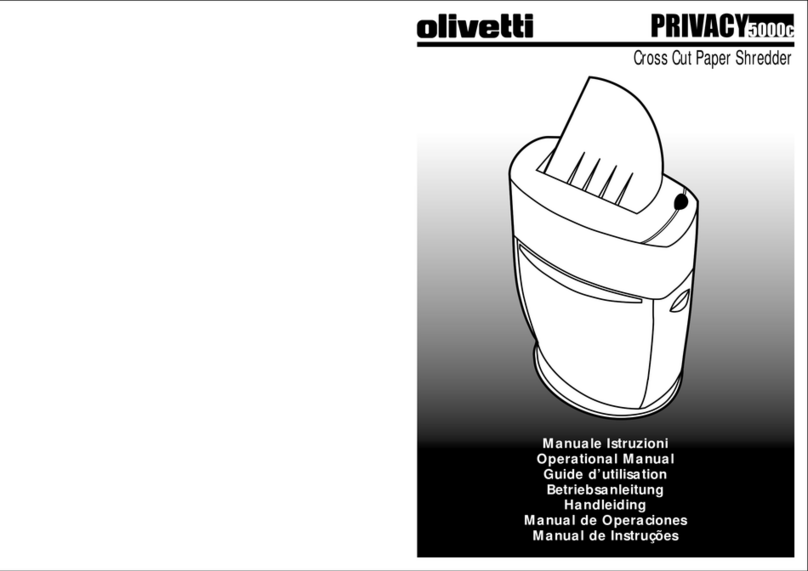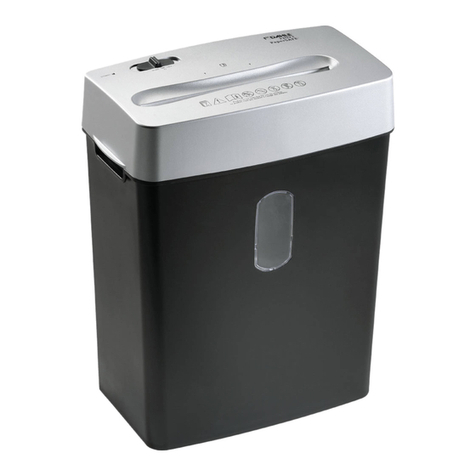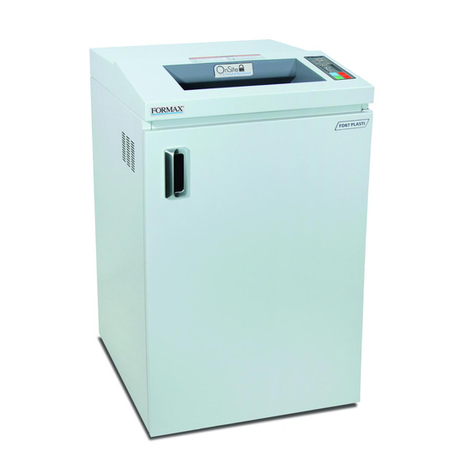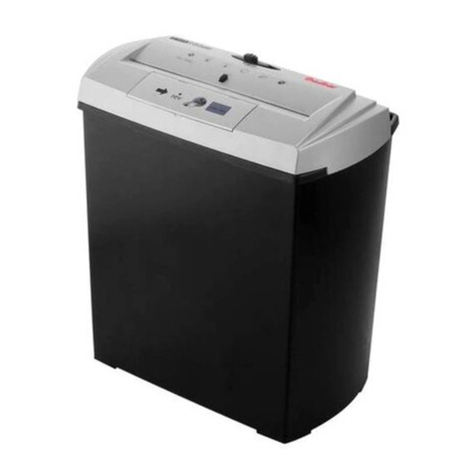
0478 216 9907 C - EN
30
2.1General
This instruction manual constitutes
original manufacturer’s instructions in
the sense of EC Directive 2006/42/EC.
STIHL is continually striving to further
develop its range of products; we therefore
reserve the right to make alterations to the
form, technical specifications and
equipment level of our standard
equipment.
For this reason, the information and
illustrations in this manual are subject to
alterations.
This instruction manual may describe
models that are not available in all
countries.
This instruction manual is protected by
copyright. All rights reserved, especially
the right of reproduction, translation and
processing using electronic systems.
2.2 Instructions for reading the
instruction manual
Illustrations and texts describe specific
operating steps.
All symbols which are affixed to the
machine are explained in this instruction
manual.
Viewing direction:
Viewing direction when left and right are
used in the instruction manual:
the user is standing behind the machine
(working position).
Section reference:
References to relevant sections and
subsections for further descriptions are
made using arrows. The following example
shows a reference to a section: (Ö7.1)
Designation of text passages:
The instructions described can be
identified as in the following examples.
Operating steps which require intervention
on the part of the user:
●Release screw (1) using a screwdriver,
operate lever (2)...
General lists:
– Use of the product for sporting or
competitive events
Texts with added significance:
Text passages with added significance are
identified using the symbols described
below in order to especially emphasise
them in the instruction manual:
Texts relating to illustrations:
Illustrations relating to use of the machine
can be found in the front of this instruction
manual.
The camera symbol serves to link
the figures on the illustration pages
with the corresponding text
passages in the instruction manual.
4.1General
These safety regulations must
be observed when working with
the machine.
Handover confirmation 44
Service confirmation 44
2. Notes on the instruction
manual
Danger
Risk of accident and severe injury
to persons. A certain type of
behaviour is necessary or must be
avoided.
Warning
Risk of injury to persons. A certain
type of behaviour prevents possible
or probable injuries.
Caution
Minor injuries or material damage
can be prevented by a certain type
of behaviour.
Note
Information for better use of the
machine and in order to avoid
possible operating errors.
3. Machine overview
1Feed chute
2Engine
3Spark plug socket
4Wheel
5Wheel carrier
6Ejection chute
7Closure screws
8On/Off switch
9Rating plate with machine number
4. For your safety
1
1
